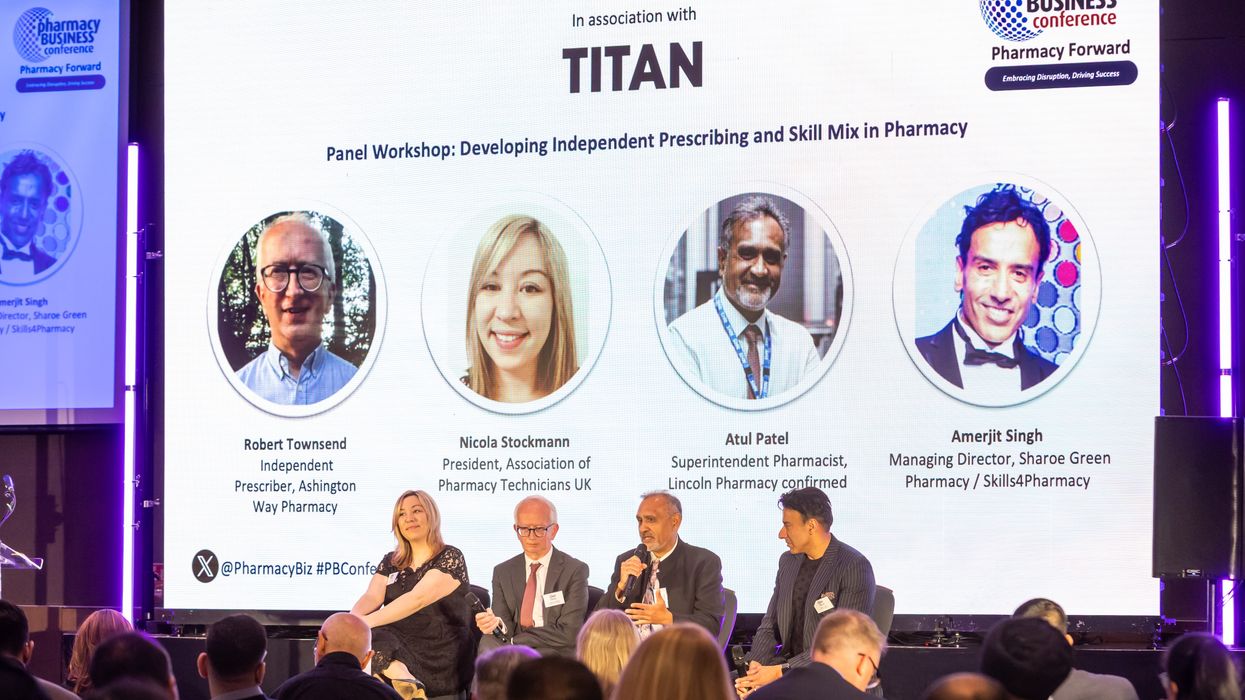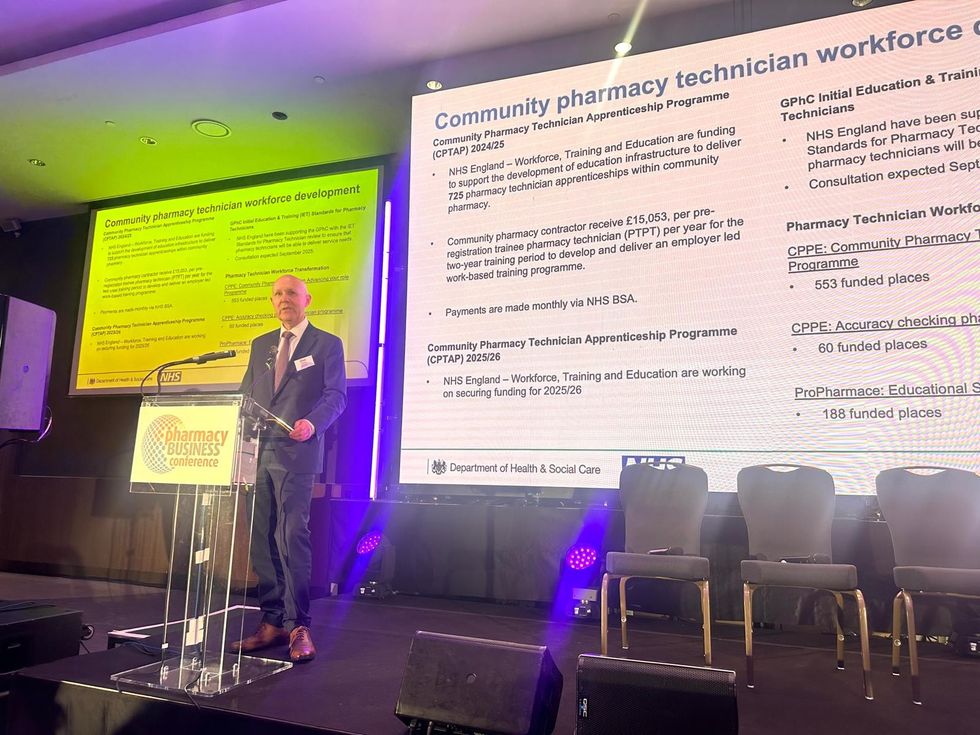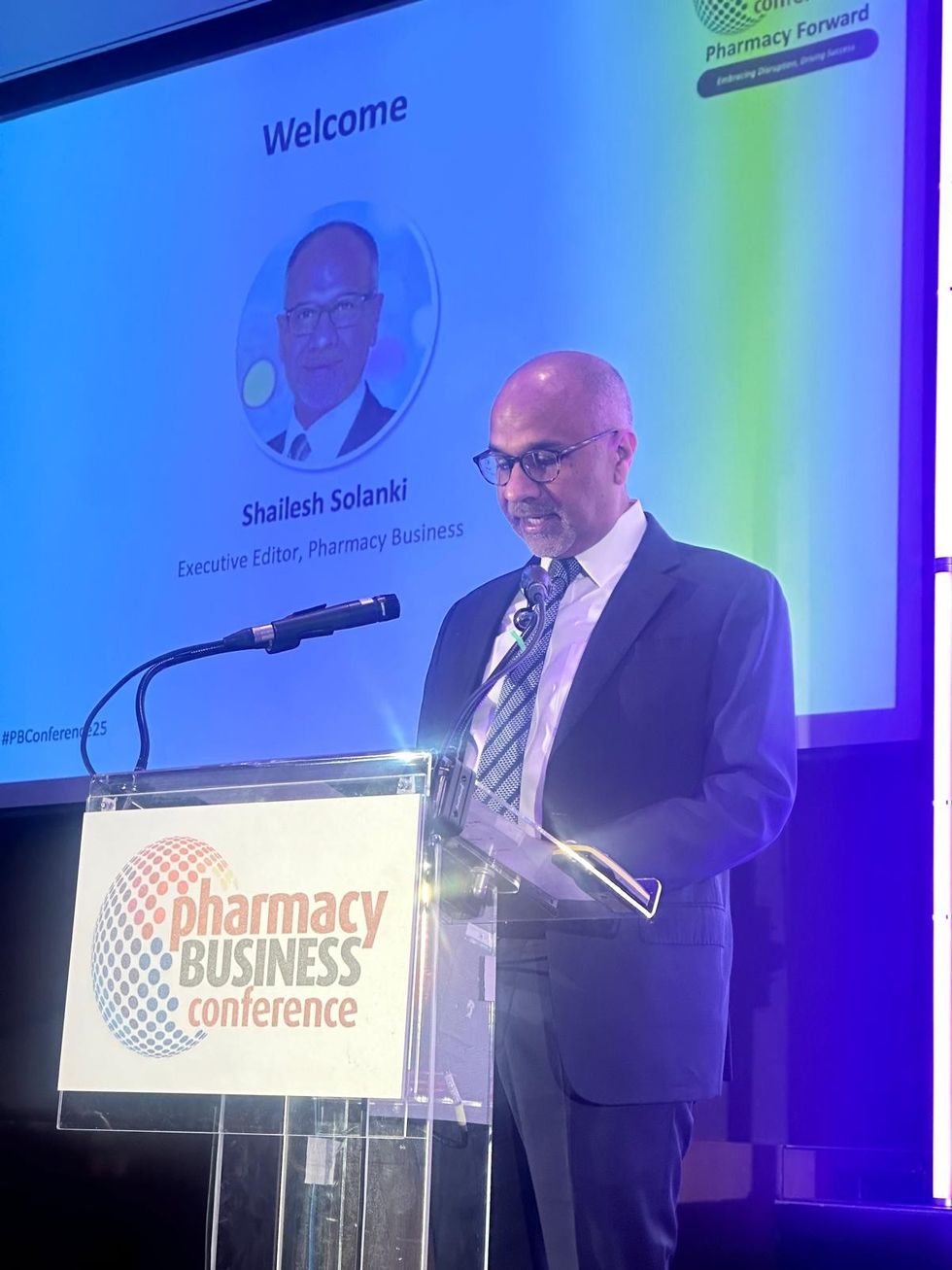If you're working in clinical research or thinking about diving into this field, getting certified can be a game-changer for your career. Certifications not only boost your credibility but also open doors to better job opportunities and higher pay.
Let’s take a look at some key certifications for Clinical Research Associates (CRAs), Clinical Research Coordinators (CRCs), and other clinical research professionals. We’ll break down who each certification is for, why it's worth getting, and what you need to do to get certified.
Certified Clinical Research Associate (CCRA)
Who is it for?
If you're a Clinical Research Associate (CRA), the CCRA certification is right up your alley. It's designed for professionals who monitor clinical trials, ensuring everything runs smoothly and complies with regulations and study protocols.
Why is it valuable?
Getting a CCRA certification shows that you have the expertise to manage and oversee clinical trials effectively. It boosts your credibility, demonstrates your commitment to professional growth, and can pave the way for career advancement and higher salaries.
Requirements
To earn the CCRA certification, you'll typically need:
- At least two (2) years of clinical research experience.
- Around 3,000 hours of clinical trial monitoring experience.
- To pass a comprehensive exam that covers various aspects of clinical research and trial monitoring.
Certifying Organization
The Association of Clinical Research Professionals (ACRP) offers the CCRA certification. ACRP is a well-known and respected organization dedicated to promoting excellence in clinical research.
Certified Clinical Research Coordinator (CCRC)
Who is it for?
The CCRC certification is perfect for Clinical Research Coordinators (CRCs) who handle the day-to-day operations of clinical trials at research sites.
Why is it valuable?
With a CCRC certification, you demonstrate that you have the knowledge to manage clinical trial operations, from patient recruitment to data collection and regulatory compliance. It can lead to job security, career growth, and adherence to high standards of practice.
Requirements
To qualify for the CCRC certification, you’ll need:
- At least two (2) years of experience in clinical research.
- Around 3,000 hours of experience coordinating clinical trials.
- To pass the ACRP CCRP exam that tests your knowledge of study management, ethical considerations, and regulatory requirements.
Certifying Organization
The CCRC certification is also offered by the ACRP. This organization is dedicated to improving the quality of clinical research through certification and education.
Certified Clinical Research Professional (CCRP)
Who is it for?
The CCRP certification is a great fit for a broad range of clinical research professionals, including CRAs, CRCs, and others involved in clinical trial operations. It differs from the CCRA certification mentioned earlier in that it is more broad and can be useful for a variety of clinical research professionals. The CCRA certification is only for CRAs.
Why is it valuable?
Having a CCRP certification indicates a comprehensive understanding of clinical research principles and practices. It can help you stand out in a competitive job market, enhance your knowledge base, and increase your chances for career advancement.
Requirements
To get the CCRP certification, you’ll need:
- A minimum of two (2) years of clinical research experience.
- Around 3,000 hours of documented clinical research practice.
- To pass an exam that covers a wide range of topics related to clinical research, including study design, data management, and regulatory compliance.
Certifying Organization
The Society of Clinical Research Associates (SOCRA) provides the CCRP certification. SOCRA is a globally recognized organization committed to promoting excellence in clinical research.
Certified Principal Investigator (CPI)
Who is it for?
If you're a Principal Investigator (PI) leading clinical research studies, the CPI certification is tailored for you. PIs are responsible for the overall conduct of clinical trials.
Why is it valuable?
A CPI certification validates your expertise in managing and overseeing clinical trials. It ensures you understand ethical principles, regulatory requirements, and study management, enhancing the credibility and integrity of your research.
Requirements
To qualify for the CPI certification, you’ll typically need:
- Significant experience as a Principal Investigator, usually at least two (2) years.
- To pass an exam that evaluates your knowledge in areas such as study design, ethical considerations, and regulatory compliance.
Certifying Organization
The ACRP offers the CPI certification, reinforcing its commitment to advancing the professionalism of clinical research personnel.
Regulatory Affairs Certification (RAC)
Who is it for?
The RAC certification is for professionals involved in regulatory affairs within clinical research, ensuring clinical trials comply with regulatory requirements and guidelines.
Why is it valuable?
RAC certification demonstrates your expertise in regulatory affairs, which is critical for ensuring the approval and compliance of clinical trials. It enhances job opportunities, provides professional recognition, and supports career progression in regulatory roles.
Requirements
To earn the RAC certification, you’ll generally need:
- Relevant experience in regulatory affairs, usually around three (3) to five (5) years.
- To pass an exam covering regulatory requirements, submission processes, and compliance strategies for different regions (e.g., the United States, and Europe).
Certifying Organization
The Regulatory Affairs Professionals Society (RAPS) offers the RAC certification. RAPS is a prominent organization dedicated to advancing the regulatory profession through education and certification.
Wrapping Up
Getting certified in clinical research is a smart move that can enhance your career prospects, boost your earning potential, and contribute to the quality and integrity of clinical trials. Whether you’re a CRA, CRC, PI, regulatory affairs specialist, or clinical research administrator, there’s a certification that can help you grow professionally.
Organizations like ACRP, SOCRA, and RAPS offer valuable certification programs that are widely recognized and respected in the industry. Investing in certification is a strategic move that can lead to professional growth and improved outcomes in clinical research. So why not take the plunge and get certified? Your future self will thank you!










 Patricia Tigenoah-Ojo
Patricia Tigenoah-Ojo Baba Akomolafe,
Baba Akomolafe,  Rachna Chhatralia
Rachna Chhatralia Raj Matharu
Raj Matharu
![Potential Side Effects of Mounjaro [What You Need to Know]](https://www.pharmacy.biz/media-library/image.jpg?id=54516976&width=1245&height=700&quality=90&coordinates=0%2C29%2C0%2C29)







 Health Secretary Wes Streeting addresses Pharmacy Conference via video
Health Secretary Wes Streeting addresses Pharmacy Conference via video  David Webb, chief pharmaceutical officer of NHS England
David Webb, chief pharmaceutical officer of NHS England Shailesh Solanki, executive editor of Pharmacy Business
Shailesh Solanki, executive editor of Pharmacy Business L-R: Yasmin Karsan, Pritee Panchmatia and Fin McCaul
L-R: Yasmin Karsan, Pritee Panchmatia and Fin McCaul  L-R: Baba Akomolafe, Rachna Chhatralia, Patricia Tigenoah-Ojo and Raj Matharu
L-R: Baba Akomolafe, Rachna Chhatralia, Patricia Tigenoah-Ojo and Raj Matharu L- R: Nicola Stockmann, Robert Townsend, Atul Patel and Amerjit Singh
L- R: Nicola Stockmann, Robert Townsend, Atul Patel and Amerjit Singh Wole Ososami, lead pharmacist at Westbury Chemist
Wole Ososami, lead pharmacist at Westbury Chemist